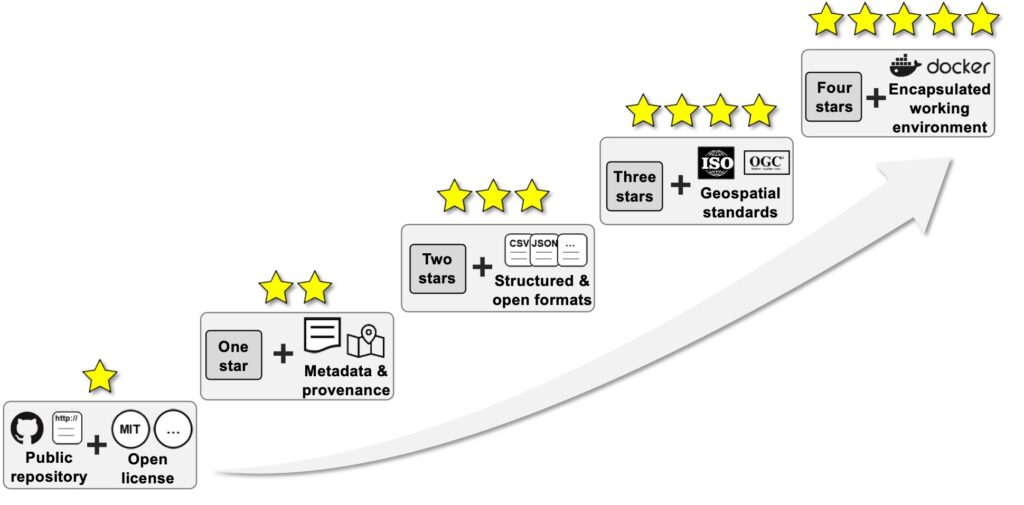The American Family Insurance Data Science Institute (AFIDSI) is honored to announce the results of the new round of the American Family Funding Initiative, a research competition for data science projects. American Family Insurance has partnered with UW–Madison through the Institute to offer “mini grants” of $75k-to-150k per year for data science research. This is the second installation of a $10 million research agreement.
The goal of the American Family Funding Initiative is to stimulate and support highly innovative research. The successful projects, reviewed by faculty and staff from across UW-Madison campus, were evaluated based on their potential contributions to the field of data science, practical use and the novelty of their approaches.
AFIDSI brings people together to launch new research in data science and apply findings to solve problems. In collaboration with researchers across campus and beyond, AFIDSI focuses on the fundamentals of data science research and on translating that research into practice.
New projects funded in the second round of the American Family Funding Initiative include:
A Deep Learning Approach to User Location Privacy Protection
Principal Investigator: Song Gao, Assistant Professor of Geography.
Co-Principal Investigator: Jerry Zhu, Computer Sciences.
Location information is among the most sensitive data being collected by mobile apps, and users increasingly raise privacy concerns. The proposed research aims to develop a deep learning architecture that will protect users’ location privacy while keeping the capability for location-based business recommendations such as usage-based insurance (UBI).
Machine Learning Approaches for Metadata Standardization
Principal investigator: Colin Dewey, Professor of Biostatistics and Medical Informatics.
Co-Principal Investigator: Mark Craven, Biostatistics and Medical Informatics.
The need to manually standardize metadata describing records in large data sets, compiled from many sources, is a major bottleneck in both research and business. This project will develop machine learning approaches for automating metadata standardization and identifying records that would most benefit from expert human input.
Adaptive Operations Research and Data Modeling for Insurance Applications
Principal Investigator: Michael Ferris, Professor of Computer Sciences.
Insurance claims applications must be operated efficiently under normal conditions and allow for rapid reconfiguration in crisis situations. The proposed work will develop optimization models, data and solution processes to schedule resources over time, servicing normal workloads, while creating resilience to abrupt changes from random disturbances.
GAN-mixup: A New Approach to Improve Generalization in Machine Learning
Principal Investigator: Kangwook Lee, Assistant Professor of Electrical and Computer Engineering.
Co-Principal Investigator: Dimitris Papailiopoulos, Electrical and Computer Engineering.
Recent machine learning successes rely on predictive models that adapt to previously unseen data. This research will provide a new approach to improve such generalization, with provable performance guarantees.
Integer Programming for Mixture Matrix Completion
Principal Investigator: Jeff Linderoth, Professor of Industrial and Systems Engineering.
Co-Principal Investigators: Jim Luedtke, Industrial and Systems Engineering; Daniel Pimentel-Alarcon, Biostatistics and Medical Informatics.
Matrix completion, or filling in the unknown entities in a matrix, is used in applications such as recommender systems and systems for analyzing visual images. This project will apply integer programming techniques to develop algorithms for solving a mixture matrix completion problem, paving the way towards applying this method to large-scale data science problems.
Developing a State-of-the-Science Regional Weather Forecasting System
Principal Investigator: Michael Morgan, Professor of Atmospheric and Oceanic Sciences.
Co-Principal Investigator: Brett Hoover, Space Science and Engineering Center.
This project will develop a weather prediction system for American Family Insurance, run entirely in cloud computing infrastructure, that will improve the accuracy of forecasting hazards such as hail and hurricanes. The probabilistic system will also estimate the uncertainty associated with the predictability of hazardous weather.
Model Recycling: Accelerating Machine Learning by Re-using Past Completions
Principal Investigator: Shivaram Venkataraman, Assistant Professor of Computer Sciences.
Co-Principal Investigator: Dimitris Papailiopoulos, Electrical and Computer Engineering.
Training machine learning models that are used in a wide range of domains, from drug discovery to recommendation engines, takes significant time and resources. This project will automate and accelerate this process of fine-tuning by reusing and sharing past computations from prior training jobs, using a technique called model recycling.
Additionally, two projects from the first round received continued funding:
Question Asking with Differing Knowledge and Goals
Principal investigator: Joe Austerweil, Assistant Professor of Psychology.
Despite tremendous progress in machine learning, automated answers to questions are still inferior to answers from humans. This project investigates whether incorporating psycholinguistic factors that influence how people respond to language can improve automated question-answering methods.
Lightweight Natural Language and Vision Algorithms for Data Analysis
Principal investigator: Vikas Singh, Professor of Biostatistics and Medical Informatics. Collaborators: Zhanpeng Zeng, Computer Sciences; Shailesh Acharya and Glenn Fung, American Family Insurance.
Natural language processing is a form of artificial intelligence that helps computers read and understand human language. The overarching goal of this project is to accelerate the time it takes to train and test efficient, accurate natural language processing models.
